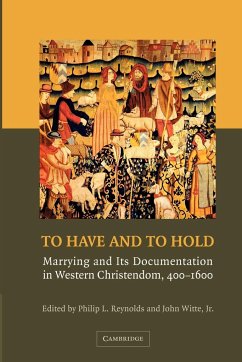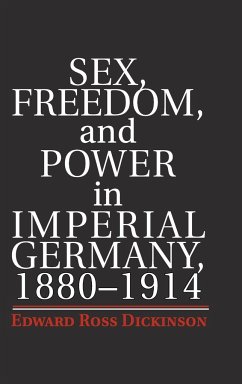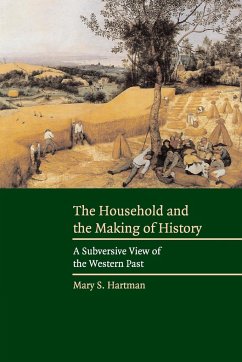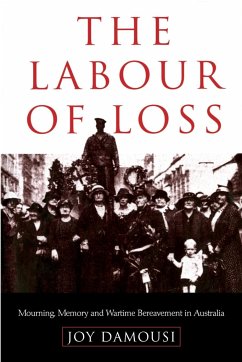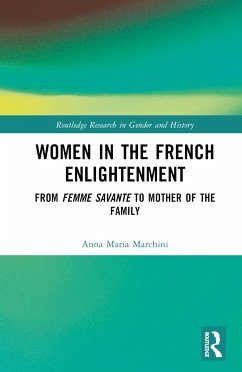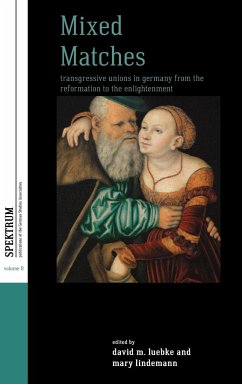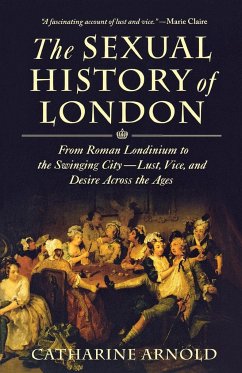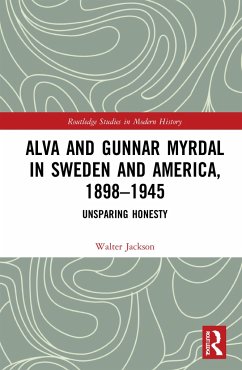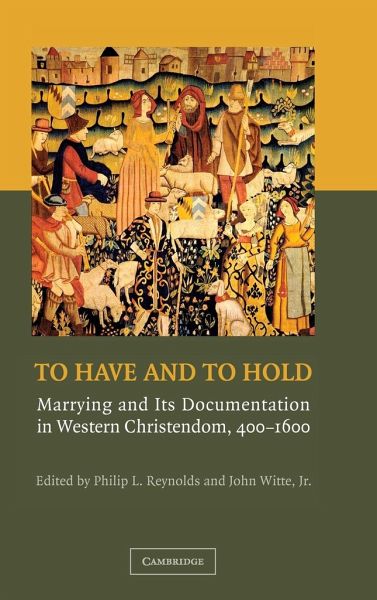
To Have and to Hold

PAYBACK Punkte
71 °P sammeln!
This 2007 book analyzes how, why, and when pre-modern Europeans documented their marriages - through property deeds, marital settlements, dotal charters, church court depositions, wedding liturgies, and other indicia of marital consent. The authors consider both the function of documentation in the process of marrying and what the surviving documents say about pre-modern marriage and how people in the day understood it. Drawing on archival evidence from classical Rome, medieval France, England, Iceland, and Ireland, and Renaissance Florence, Douai, and Geneva, the volume provides a rich interd...
This 2007 book analyzes how, why, and when pre-modern Europeans documented their marriages - through property deeds, marital settlements, dotal charters, church court depositions, wedding liturgies, and other indicia of marital consent. The authors consider both the function of documentation in the process of marrying and what the surviving documents say about pre-modern marriage and how people in the day understood it. Drawing on archival evidence from classical Rome, medieval France, England, Iceland, and Ireland, and Renaissance Florence, Douai, and Geneva, the volume provides a rich interdisciplinary analysis of the range of marital customs, laws, and practices in Western Christendom. The chapters include freshly translated specimen documents that bring the reader closer to the actual practice of marrying than the normative literature of pre-modern theology and canon law.





